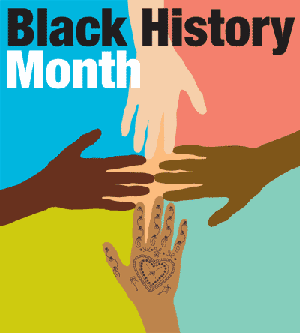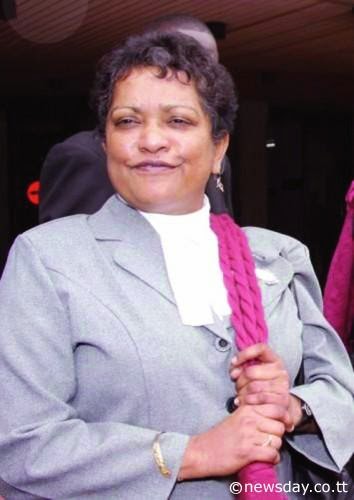Afro Caribbean and Afro America: Closer Ties Needed
We are half way through celebrating Black History month. We
in the Caribbean region have joined our brothers and sisters in America in
highlighting the achievements of those, who have dedicated their lives to the
upliftment of Black people throughout the world. Like Martin Luther King Day, t
is safe to say that Black History Month is now part of our regional calendar.
One of the great failures of our leaders, especially in this
post independence area, is that they never attempted to exploit the historical
connections with our Afro American family. As the Mighty Stalin, the calypso
maestro reminds us: We took the same trip on the same ship. It has always
amazed progressive thinkers, that there is no real vibrant commercial activity
between Afro Caribbean business persons and our Afro American counterparts. Even our tourism planners have not fully
marketed our tourism product to those Afro Americans, who can afford travel to
the Caribbean. A lack of vision is therefore evident in all areas.
While there seems to be no real regional push to broaden the relationship,
we are still encountering many of the trends associated with the culture of the
Afro American. For example, the dress code of our young citizens seems to mimic
or copy that associated with Afro American youth. We also have Caribbean youth
very much taken up with Afro American footballers, basketballers and other high
profile Afro Americans .It is most interesting that Afro Americans do not seem
the least interested in our cricket. However, we must admit that Bob Marley and
the Rastafarian movement have had some impression on the Afro American. Marley’s
music and indeed Jamaica are well loved by Afro Americans. In recent times, the
iconic Afro American rapper, Snoop Dog, changed his name to Snoop Lion and
declared himself the reincarnation of Bob Marley!
Marcus Garvey, the region’s most phenomenal Pan Africanist,
is revered by Afro Americans for his unmatched contribution to the development
of African People of the Caribbean and America. Unfortunately, we have not been
successful at producing leaders such as Garvey. Quite frankly, Garvey was ahead
and remains ahead of the current pack of misfits that are supposed to be
guiding the destiny of Afro Caribbean People. There are a few scattered Black
nationalists, trying to keep hope alive but the region does not take them too
seriously because they are not seen as any particular threat to the entrenched
political managerial class, that is ironically almost , if not, totally Afro Caribbean.
The passion of the 60s with the rise of Black power and the then burning desire to re connect with
Mother Africa, seems to have died both in the Caribbean and America. There is a
school of thought that suggests , the successes of both the Civil rights
movement in the sixties and the attainment of independence by many Caribbean
nations during that period, blunted activism and led to an assimilation of both
the Afro Caribbean and the Afro America into the “mainstream” of both white
America and Colonial (white) Caribbean.
It is a very revealing fact that although there is no push to bring what
are essentially two Black nations together, their historical paths and current
positions within the broader context of their individual countries are very
similar.
We can only hope, that sometime in the not too distant
future, the celebration of Black History month, will take on a greater meaning
in relation to the Afro Caribbean and the Afro American. Like Jessie Jackson
says: Let’s keep hope alive.




Comments